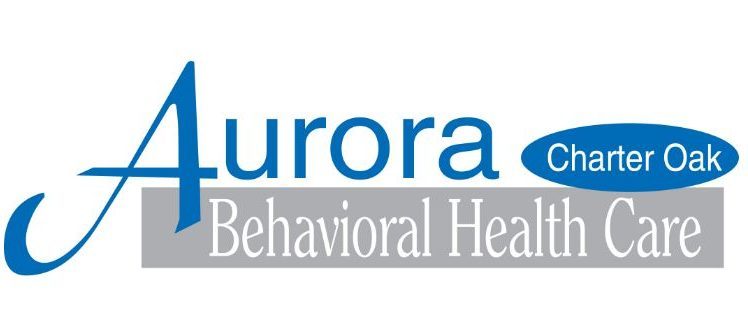If you’re reading this, you’re probably concerned about yourself or a loved one struggling with chemical dependency and addiction. At Aurora Charter Oak Behavioral Health Care, we understand that when someone struggles with a substance problem, the path back to a normal life can feel overwhelming. Despite the increasing awareness, there are still many misconceptions about what chemical dependency and addiction look like and how to obtain treatment.
What is Chemical Dependency and Addiction?
Even though these terms may be used interchangeably in casual conversation, from a clinical perspective, chemical dependency and addiction are very different.
Not everyone who is chemically dependent is an addict. For example, someone who has been on pain medication for some time may be chemically dependent on that medication in order to avoid pain. However, they may not clinically qualify as an addict.
On the other hand, addiction almost always includes chemical dependence.
Addiction is defined as a physical and mental dependence on a particular substance. According to the National Institute on Drug Abuse, an addicted person will:
- Be unable to stop using a specific substance
- Use more of the substance over time due to increasing tolerance or withdrawal
- Fail to meet professional, social, or family responsibilities
Once substance abuse progresses to an addiction, it often requires long-term treatment under the direction of trained addiction specialists. In fact, attempting to self-detox can be fatal. Thus, anyone seeking detoxification should have medical supervision. Chemical dependency is a normal biological reaction to an addictive chemical. It occurs when neurons in the brain adapt to the repeated presence of the substance and begin to function normally only when the substance is present. Chemical dependency may be a result of a mild drug (such as caffeine) or a harder drug (such as prescription painkillers). Examples of substances which can be addictive or lead to chemical dependency include:
- Prescription medications such as pain pills, stimulants, or anxiety pills
- Supplements
- Over-the-counter medicines
- Alcohol
- Marijuana
- Cocaine
- Hallucinogens
- Methamphetamine
- Inhalants
Even if someone does not identify as an addict, repeated substance abuse can cause significant harm or even lead to death.
What Are The Signs and Symptoms of a Chemical Dependency or Addiction?
Because chemical dependency and addiction develop slowly over time, it is often easy to overlook how a person’s behavior has changed with substance use. Often, an event or “rock bottom” moment causes the individual or their loved ones to realize the magnitude of the problem.
The following signs and symptoms may indicate that someone’s substance use has progressed to chemical dependency or addiction:
- Increased dosage or use of the substance in question because low doses no longer provide relief from cravings.
- Experiencing withdrawal symptoms without using the substance.
- Becoming aware of the negative effects the substance use is having in one’s life, but continuing to use it anyway.
- Prioritizing the substance use over family, friends, health, work, or other important parts of life.
- Mood changes, violent behavior, and broken promises.
- Becoming fixated on acquiring more of the substance, even though illegal means.
- Withdrawing from family members, friends, and former loved ones in favor of those who enable substance use.
- Finding that activities which previously provided enjoyment and satisfaction no longer feel fulfilling. Instead, the only sense of relief comes when the substance is acquired and used.
We Can Help
Combating chemical dependency and addiction can feel daunting or even impossible on one’s own. But there is hope. At Aurora Charter Oak Behavioral Health Care, we provide comprehensive care designed to guide patients to a healthy and sober lifestyle. This can include detoxification for alcohol, opiates, benzodiazepines, and THC under the 24/7 supervision of clinicians, inpatient rehabilitation, and intensive outpatient program. Additionally, our Substance Use and Addiction programs are staffed with Licensed Alcohol and Drug Counselors LADCs) with advanced training. These Master’s-level professionals give patients a more rounded treatment experience to help with recovery from chemical dependency and addiction.
If you are concerned about your own substance use, or a loved one’s use, the time to act is now. The first step toward treatment is to contact our team. You can call us directly at 800-654-2673 at any time. A team member is available 24/7. Alternatively, you can contact us online, and we will reach out to you as soon as possible.
We can help answer any question you have about our chemical dependency treatment programs and our behavioral health hospital. Additionally, a member of our team can help schedule you or a loved one for a free, confidential mental health assessment.

